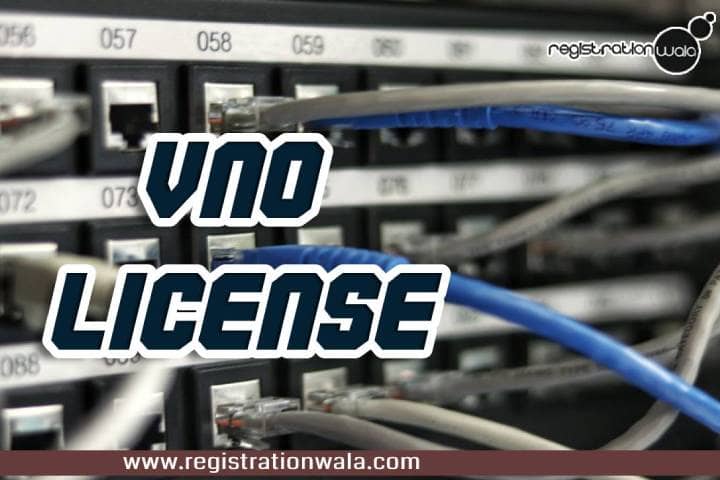VNO License is an authorization to start a Virtual Network Operator to provide internet services. It’s issued by the Telecommunication department upon the fulfilment of certain requirements. But why should you go with that? What are the features of this license and what are its limitations? Let’s discuss.
VNO License: What are its features?
Following are the features of VNO license online. You can think of them as advantages to start a Virtual ISP in India:
- It’s cost effective: Compared to the ISP, starting a VNO is quite cost-effective. It steps from the fact that the UL VNO ISP fees is comparatively lower than an ISP. It includes the application processing fee and the UL VNO entry fees.
- The network complexity is reduced: The network that a VNO implements to provide internet services is a lot less complex than an ISP. It’s because of the virtual nature of the VNO.
Read More: Free Guest Posting Site
- Less time required to market: Those with the UL VNO License resell the internet bandwidth of top telecom service providers and that too without using their own hardware. It allows a Virtual Network Operator to market its services without the need of putting a lot of effort into it.
- Less capital expenditure: When you think getting VNO license online, apply with the knowledge that a lot of money that you’d have paid to get an ISP license is not needed here. Less application fee, less entry fee and no need to pay the performance bank guarantee.
- Flexible network: The virtual nature of the network that a VNO ISP possesses allows it to be flexible at all times.
- Risk mitigation: As you’re merely providing second hand internet, the risk of you being seen as the culprit of bad internet service is reduced.
- Not much expenditure on infrastructure: As a Virtual Network Operator, the operative term you need to think about is virtual. As a virtual ISP, your hardware requirements are severely low.
- No market barriers: Compared to an ISP, a VNO doesn’t have to face any market barrier at the time of the launch.
VNO License: What are its limitations
Despite the large number of advantages, there are many limitations you’ll have to face if you obtain VNO License. They are as follows:
- The scope of the services is limited: When you ask the question: how to get VNO license, know that you’re getting into a flexible business whose scope is limited. As you don’t have any control over whatever small hardware you do have, you can’t modify it to make room for more connections easily.
- High competition in the market: The nature of a VNO allows even entrepreneurs to dip their toes in the internet service business. It has increased the presence of competition in the market.
- Dependency of telecom service providers for hardware: You don’t possess a lot of hardware other than what’s been given to you. As a result, your services depend upon the quality of services of the service providers whose bandwidth you’re selling.
- Less control over the downtime of internet: If the internet goes down, there is not much you can do other than hope your telecom service provider fixes the issue.
- You don’t own the network: You’re not the owner of the internet network that you’re providing – that belongs to your bandwidth seller.
Read More: Adsense alternatives for small websites
Conclusion
Despite the limitations, it’s worth knowing how to apply VNO licensein India. Yes, you don’t own much of the internet network and yes, when there is downtime, there is not much you can do. However, you do have flexibility and it’s easy to market your services. Thus, if you choose to start a VNO ISP, it’s not such a bad idea.
In this blog, you’ll know about VNO License: It’s features and its limitations. Find out whether it’s worth knowing the answer to how to apply for VNO license in India.
